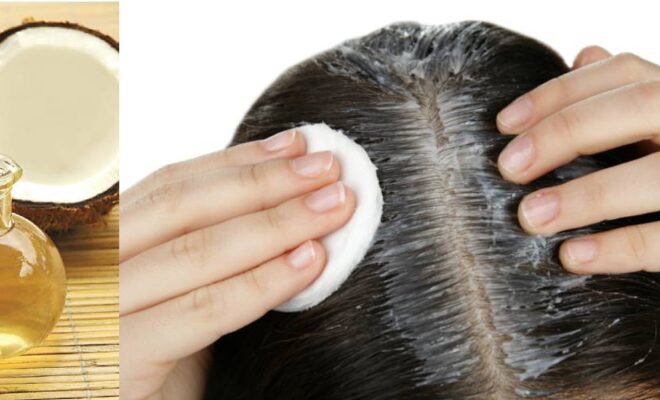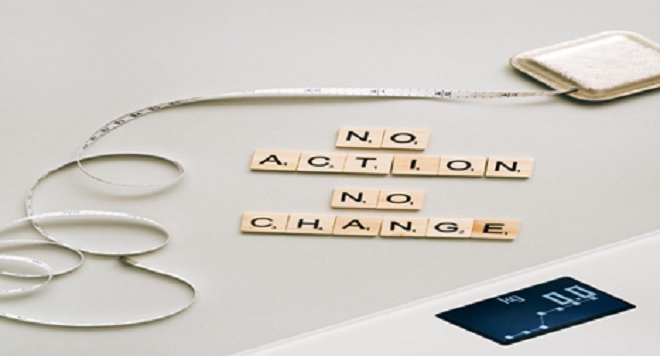5 Simple Ways To Live Better With Chronic Depression

Nothing can be more painful and exhausting than living with depression. Whether it’s going to the office, meeting up with relatives or friends, or getting out of bed, everything seems more difficult when you’re struggling with a depressive disorder. In addition, it is difficult to go through major episodes of this mental health issue, such as loneliness, emptiness and sadness. Unfortunately, depression returns from time to time, more like a chronic disease than a single event for some people.
Many people find depression therapy in Chicago and other cities in the US very effective in helping to manage some of the symptoms of depression, such as stress and anxiety. An experienced therapist can help relieve persistent feelings of sadness so that you are able to return to the activities you enjoy and manage day-to-day activities better.
Here are five things you can try to help you manage your depression better and feel happier.
Have a look!
- Accept You Have A Problem
Admitting that you are going through depression is the first step to getting better. Do not resist it, as denial is not going to help.
Instead of ignoring the issue, you should figure out the root cause of the problem. Acceptance also makes you ready for the next step, such as choosing the right treatment option.
- Spend Time With Supportive People
Chronic depression makes you feel helpless and drains your energy as well as making you feel hopeless. In such a situation, nothing can be more helpful than the support of people who care about you. So spend more time with your family and friends, even virtually via chats or video calls. Don’t isolate yourself, as it can make things worse. Also, you can find support groups that counsel people who struggle with depression. Joining such groups will enable you to meet and talk to individuals who feel the same way as you.
Your therapist or doctor can help you find the best and most reliable support groups for emotional support.
- Practice Selfcare
Losing your appetite, loss of concentration and not taking care of yourself are quite common during depression. However, not eating or drinking enough, skipping a workout and ignoring personal hygiene won’t help your depression and may cause additional health issues.
When you are depressed, both your emotional and physical energies are below optimum levels and you need to be strategic about how to use them effectively. So lower your expectations for what you need to accomplish everyday and focus on taking care of yourself.
Getting up early in the morning, taking a shower, putting on fresh clothes, and preparing a bowl of cereal for yourself can help you feel better and be more in control. Maintaining a daily routine and practicing daily hygiene habits can also help you manage your depression.
- Improve Your Sleep Quality
The studies have affirmed that sleeping well at night can ease your depression. It has been found in the research of 2014 that 80% of individuals with depression experience sleep disturbance.
If you find it difficult to sleep and have trouble getting out of bed because of feeling tired all the time, it is imperative to follow healthy sleep habits.Turn off all electronics like smartphones, tablets, and laptops before going to bed. Maintain a comfortable temperature in your bedroom and make it quiet and dark.
Practicing good sleep habits can make the difference between restless and restful sleep.
- Get Treatment
Remember, you are not alone; one out of every ten individuals experiences depression at some point in life. So, don’t hesitate to get help. Both medication and depression therapy can help you cope with symptoms as well as improve the quality of life. However, it is crucial to stick with the treatment plan crafted by your therapist or doctor.
Wrapping Up
Depression is not like fever, cold, or other common illness, which can be cured with 2-3 days of medicine. It takes time to get back to normal life. You need to take good care of yourself along with a doctor’s help to work towards recovery and prevent depression from reoccurring.










